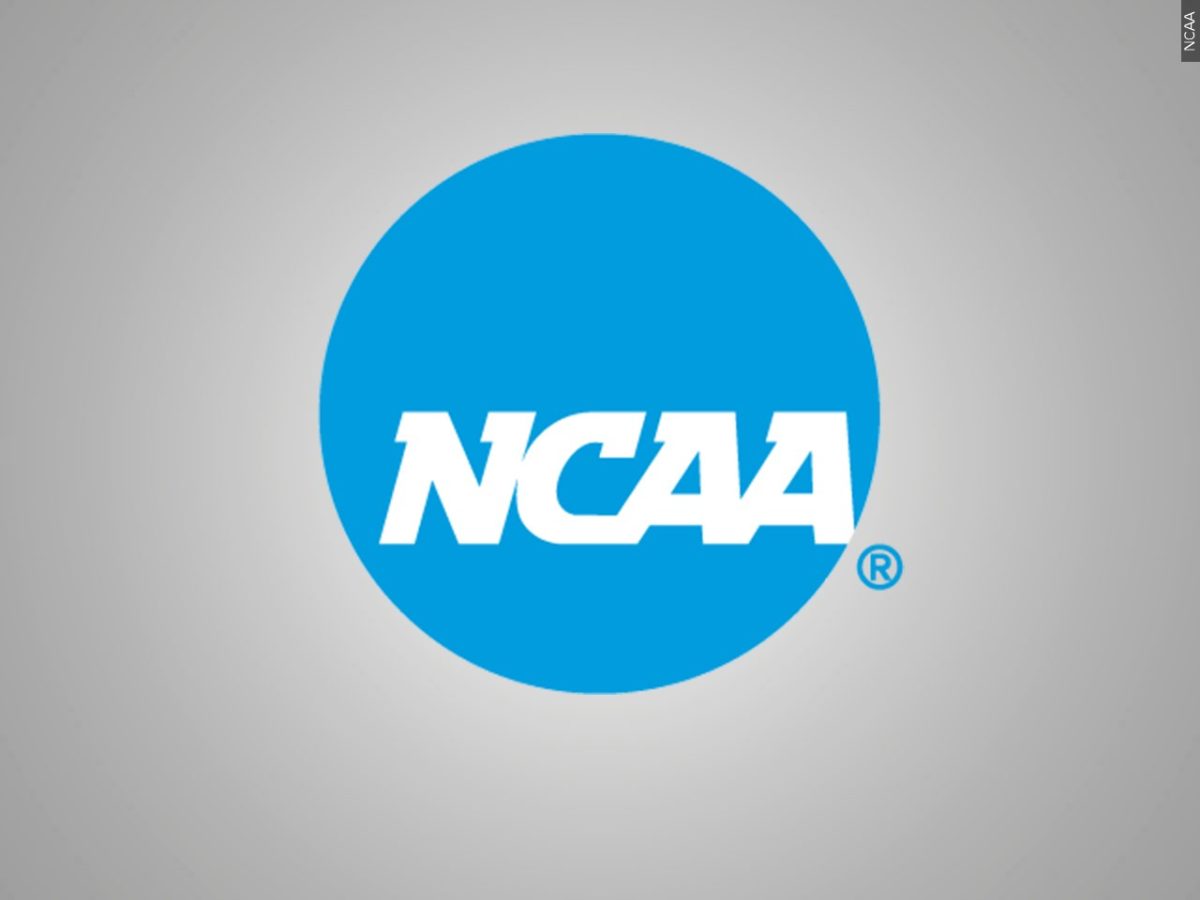In a move that stunned the college football world, University of Nevada, Las Vegas quarterback Matthew Sluka announced recently that he would be redshirting the rest of the 2024 season and entering his name into the transfer portal at the earliest opportunity.
This choice allows Sluka to retain a year of eligibility, as any player who has appeared in no more than four games in a season is eligible for a redshirt, which allows them another season to play.
Sluka’s decision reportedly came after promises made to him by UNLV were not kept, with the general assumption being that he was referring to name, image and likeness, or NIL, commitments.
His NIL representative, Marcus Cromartie, claims that a UNLV assistant coach verbally promised Sluka $100,000 to transfer there from Holy Cross University, yet no plan was ever put in place to fulfill that agreement.
Although there was reportedly never a written agreement for financial compensation, many argue that UNLV should not be trying to take advantage of a college student, and Sluka was not the only player on his team to face this dilemma. Running back Michael Allen, who had 19 carries for 108 yards on the season before opting out, left the team and school for similar reasons.
“I don’t really think he should have just left his team in the middle of the season like that, but if they said they would pay him a certain amount, then they need to do that,” said Justin Buglion, a senior psychology major.
Before his announcement, Sluka had thrown for 318 yards and six touchdowns with only one interception through three games. He also ran for 253 yards, making him the team’s leading rusher, and picked up a touchdown on the ground, leading the Rebels to a 3-0 start with realistic playoff hopes.
“I get that the school didn’t keep their end of the deal, but I don’t think I can get behind leaving in the middle of the season,” said Cole Lazich, a senior management information systems, or MIS, major. “He made a commitment to his team just as much as he made a commitment to the school.”
Sluka and Allen would not be the only two players in college football to opt out of the rest of the season. Some other players to do the same include University of Notre Dame cornerback Jaden Mickey and University of Southern California defensive lineman Bear Alexander, although there is no information to suggest that their departures are NIL-related.
College football has undergone a lot of changes over the past few years, and fans would hope to have already seen the most unexpected effects of those changes. However, this new trend seems to be yet another symptom of a broken system, and many fans are hoping to see greater restrictions to NIL rules within the NCAA to limit instances like these.
Although players finally seem to be getting properly imbursed for the money they bring in for their schools and the NCAA, there may have been an overcorrection, as players now hold essentially all the power, and college football may be losing its essence as an amateur sport.
There is still much progress to be made in the NIL era of college football in order to ensure that players are treated fairly, while also upholding commitments and putting an entertaining product on the field for fans.


